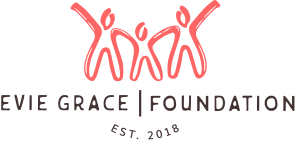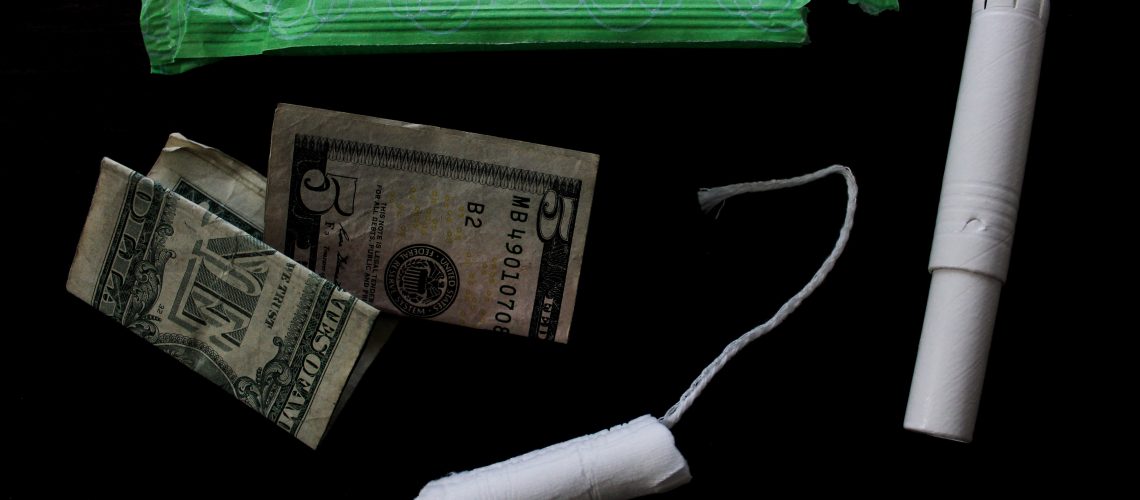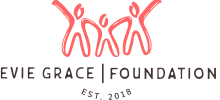Period poverty – A harsh reality surrounding what would otherwise be a typical menstrual cycle that every woman experiences all over the world. Regardless of the country or race or religion, period poverty is a common crisis that women are experiencing. 1 in 4 women experience period poverty.
Period poverty – An added inconvenience to the already present problems such as premenstrual syndrome, cramps, and bloating. Even more problematic when women don’t have access to proper hygienic products to handle them. Women must purchase or gain access to the pads, tampons or cups to survive through the bleeding days.
Period poverty – A growing concern in many countries, as many girls and women can not afford to buy menstrual supplies every month. In Kenya, 65% of women can’t afford to buy menstrual supplies. Even in some developed countries, there are approximately 30% of women that are below the poverty line and have minimal to no sanitation equipment. In many countries women and girls are forced to use dirty rags, toilet paper and even cardboards which leads to more health problems. Poor menstrual hygiene also affects physical, emotional health and puts women at high risk of reproductive and Urinary Tract Infections (UTIs) such as Bacterial Vaginosis.
Period poverty – A situation that is further exacerbated by the taboo associated with periods. In most developing countries, talking about periods or the pink tax (the additional tax associated with tampon prices) is not a subject that is often discussed among the communities. This leads to poor awareness and negative effects on girls’ mental health as a result. With one in 5 girls missing school due to lack of menstrual products and being judged by people for what are natural body processes, this is an issue of growing concern. Furthermore, many young girls enter into child marriages and forced sex without proper education on periods and their body changes resulting in early pregnancy and complications during childbirth.
Period poverty – Also made worse due to inadequate management of periods. It is not just a matter of cleanliness and sanitation, it is also a matter of a woman’s dignity to be normal and confident during the period. Access to menstrual products is a right to every woman, keeping in mind that not all women are menstruators and not all menstruators are women. It is not only about pads and supplies, it is more of every woman’s right.
Period poverty can be addressed by:
- Normalising periods and destroying the taboos and considering it as a normal process is the first step to fight period poverty.
- Reducing pink tax on menstrual products will have a great positive impact on encouraging more women to buy them.
- More insertion based product stalls available in restrooms for free.
- Spreading period positivity on social media (like using #periodpositivity) and in schools.
- Advocating for menstrual equity in schools, hosting donation drives.
- More awareness and education for girls in schools on periods as a normal process of the body.
- Managing the waste in an adequate manner ensuring hygienic surroundings and disposals.
- Supporting charities
Over the last few years, the Evie Grace Foundation conducted several campaigns in Kenya to educate girls about menstruation and to teach them how to stitch clean reusable pads. Last month we provided menstrual hygiene packs for more than 500 girls.
Please donate to make a difference in these girls’ lives. Together we can change the lives of these women.
References:
https://theconversation.com/global/topics/period-poverty-44887
https://www.globalcitizen.org/en/content/period-poverty-everything-you-need-to-know/
https://sph.umich.edu/pursuit/2020posts/period-poverty.html
Written by: Chandini Balla and Andrea Manno


